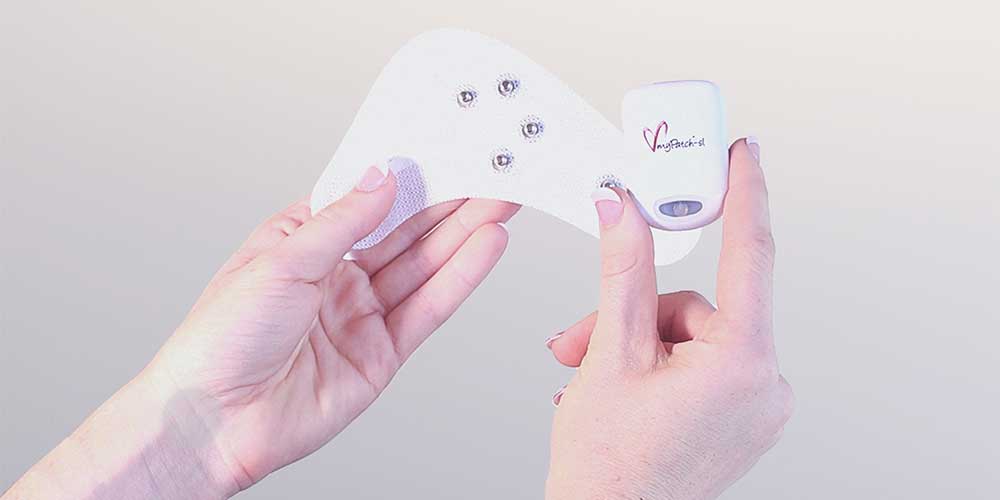24-48 hour ECG monitoring is a simple investigative procedure done to record the heart’s activity over the period of 1-2 days and look for any discrepancies. It is done using a device known as Holter monitor, which acts a portable ECG monitor. If you suffer from palpitation, arrhythmia, fainting episodes or black outs, a more prolonged recording of your heart rhythm may capture the changes and allow the doctor to make a proper diagnosis and initiate therapy.
Modern heart monitors are easy to wear and not intrusive. You can take it off to shower and easily put back on by yourself. At the end of the recording period, the small heart monitor will have to be returned to the clinic for analysis, after which you can expect to get your results after 1 to 2 days.
Once you are given the ECG monitor, you will be briefed on the dos and don’ts regarding its usage, to ensure minimal interference and maximum results. Some common factors to keep an eye out for, to reduce/prevent interferences with the monitoring, can include:
- Proximity to magnetic devices, metal detectors, high-voltage wires, and electrical appliances. These can disturb the signals of the monitor, leading to inconclusive or inaccurate readings.
- Certain medication
- Smoking
- Excessive sweating (sweat could loosen the electric nodes)






